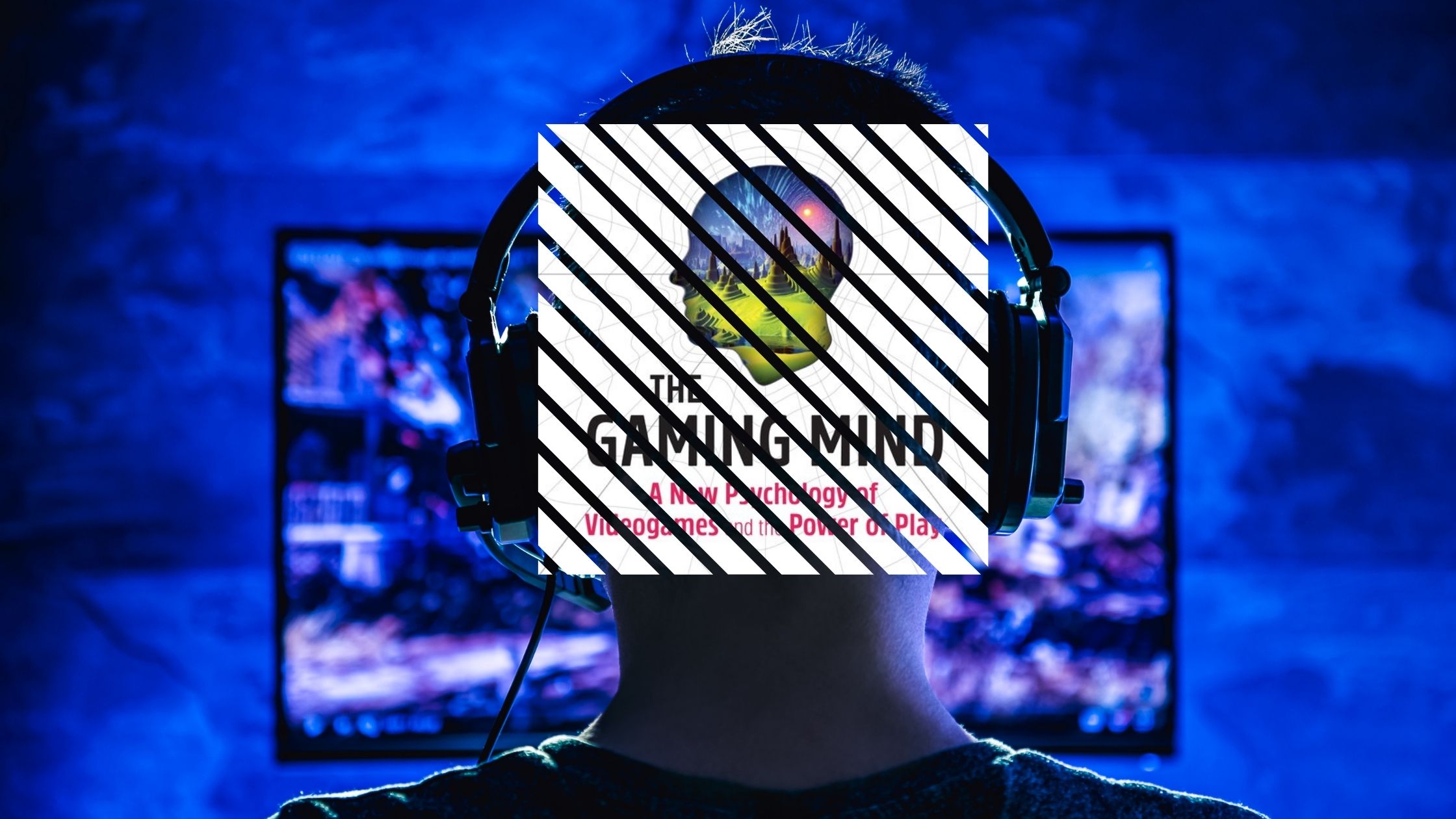Alex Kriss, Ph.D., on “The Gaming Mind: A New Psychology of Videogames and the Power of Play”
Alexander Kriss, Ph.D., is a clinical psychologist and author based in New York. His first book, The Gaming Mind: A New Psychology of Videogames and the Power of Play, was published in 2019. He graduated from New York University’s Tisch School of the Arts with a B.F.A. in playwriting. He received his M.A. and Ph.D. in clinical psychology at The New School for Social Research. He is also an adjunct professor of psychology at The City College of New York and Fordham University. He has written about the intersection of mental health and technology for Salon, Psychology Today, and Logic. Alex Kriss on “The Gaming Mind: A New Psychology of Videogames and the Power of Play” . Q: What inspired you to write The Gaming Mind: A New Psychology of Videogames and the Power of Play? AK: I started playing videogames with my father when I was five years old. They were an important part of my life throughout childhood, adolescence, and into adulthood, though I didn’t necessarily appreciate how important for a long time. As I began to develop a professional identity as a clinical …










